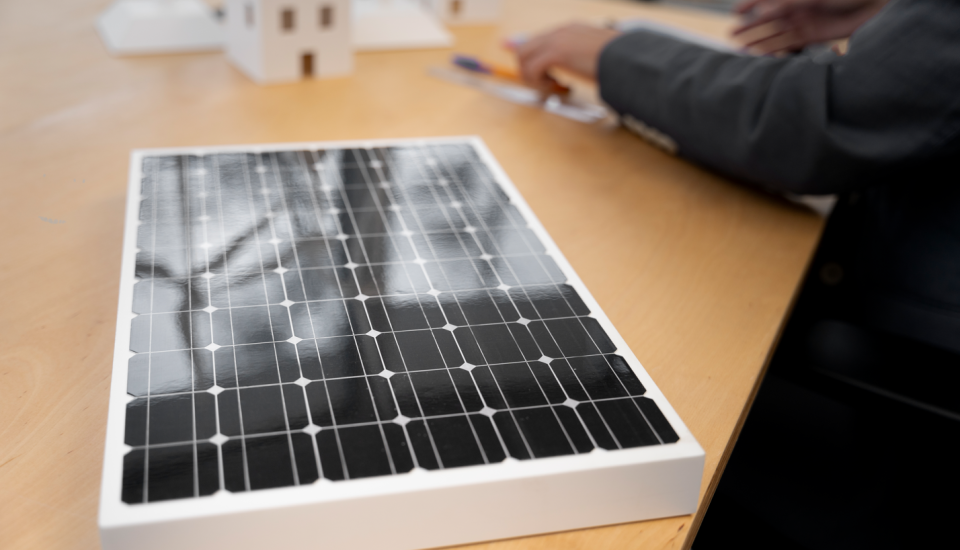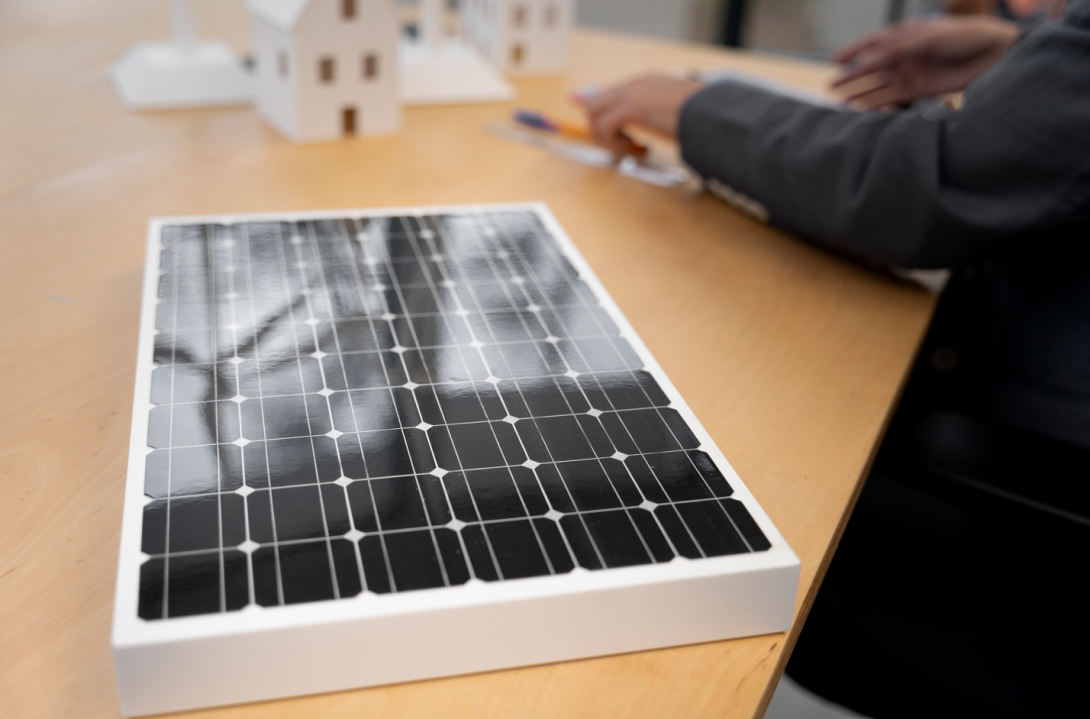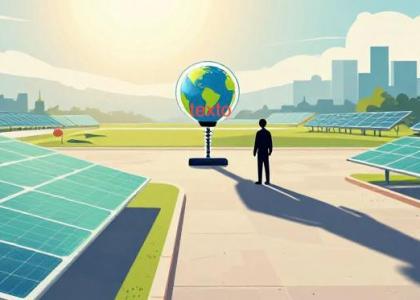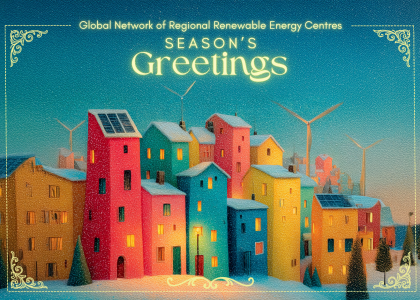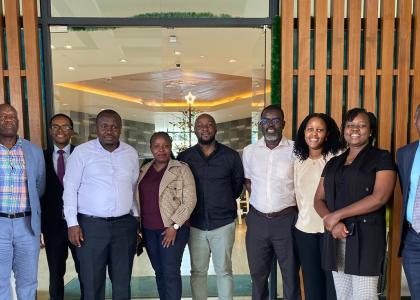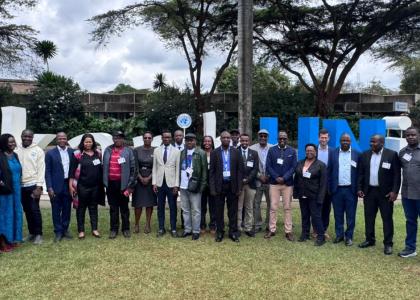ECREEE - Praia, - 6th July 2022 - ECOWAS Centre for Renewal Energy and Energy Efficiency (ECREEE) celebrates twelve years of excellent service to the ECOWAS community and beyond. ECREEE was established by the Authority of Heads of State of ECOWAS in response to the energy crisis faced by millions of West African citizens. Since its creation in 2010, ECREEE took a bold initiative in collaboration with donors and partners as well as ministries of energy in member countries to strive to reduce the daunting energy deficit and promote renewable energy and energy efficiency in the region.
ECREEE has four priority areas of intervention: including the development of policies; Legal and Regulatory frameworks; Capacity Development; Awareness Raising and Knowledge Management and Project Development and Investment Promotion.
It would be recalled that regional sustainable energy policies developed in recent years by ECREEE have enabled the ECOWAS Member States to define a common vision for increased use of renewable energy sources such as solar, wind, small-scale hydro and biomass for electricity generation and other energy services (clean cooking).
ECREEE has spearheaded the push towards building the necessary enabling environment for the uptake of a robust sustainable energy market to ensure that regional sustainable energy targets are attained by 2030. After 12 years of operations, stakeholders should take stock of ECREEE´s contributions to sustainable energy development in West Africa, by providing an outlook and set an agenda for the next decade.
Twelve years down the road, ECREEE has attained international recognition as a unique regional renewable energy and energy efficiency promotion institution in Africa. Indeed, other regional organizations such as the Southern African Development Community (SADC), the East African Community (EAC), the Pacific and Caribbean regions have emulated ECOWAS by establishing similar centres.
As we celebrate the twelfth anniversary, ECREEE has positioned itself as a hub for promoting sustainable energy development in the ECOWAS region, thus becoming a prominent voice in the global effort to tackle the inter-twined issues of energy poverty and climate change.

